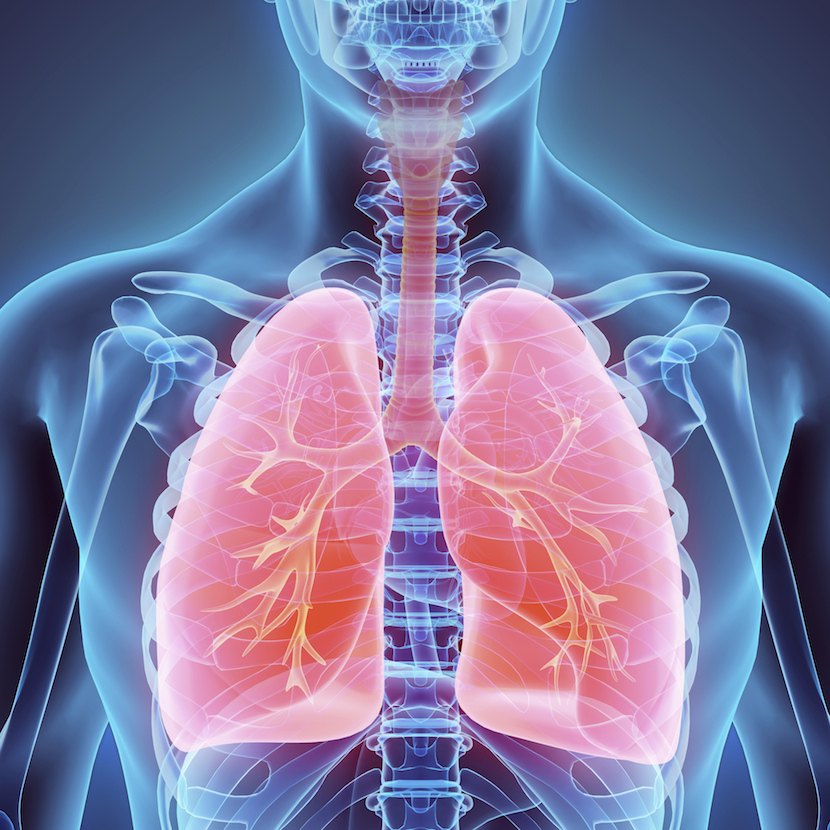Our work spans from basic science research to understand the cellular and molecular events that lead to the development of esophageal and lung cancers, to improving cancer detection, to studying surgical outcomes. We are one of the few programs nationally with a high-enough case volume in surgical treatments of these cancers, so we’re able to draw on robust data and experience.
Areas of Research

Esophageal & Lung Cancers

Esophageal Diseases
Rates of benign esophageal diseases, including achalasia, reflux, and hiatal hernia, are rising, with few medical treatments available to patients and little current understanding of the mechanisms of these diseases. We’re studying the outcomes for surgical treatments for esophageal diseases to improve options for patients, including examining the impact of laparoscopic techniques vs. traditional open surgery.
Programs & Investigators

Extracorporeal Life Support & Lung Transplant
We’re pursuing breakthroughs in treatments for end-stage lung disease, including the development of an ex vivo lung perfusion program to heal donor organs that would not otherwise be suitable for transplant — a technique that would greatly expand the number of donor lungs available to waiting patients. We’re also an international leader in “artificial lung” research, and current projects examine how such a technology would serve as a bridge to transplant.
Programs & Investigators

Health Outcomes
Our outcomes research demonstrates the power of asking patients to perform simple healthy living exercises before their surgeries, leading to better results later. We use a novel online pre-op risk assessment tool to identify patients to participate in this program, which aims to reduce surgical complications, reduce healthcare expenditures, and improve the health and outcomes of patients.
Interested in Learning More?
Visit the Department of Surgery Research website to find out more about the research being conducted throughout the department.


